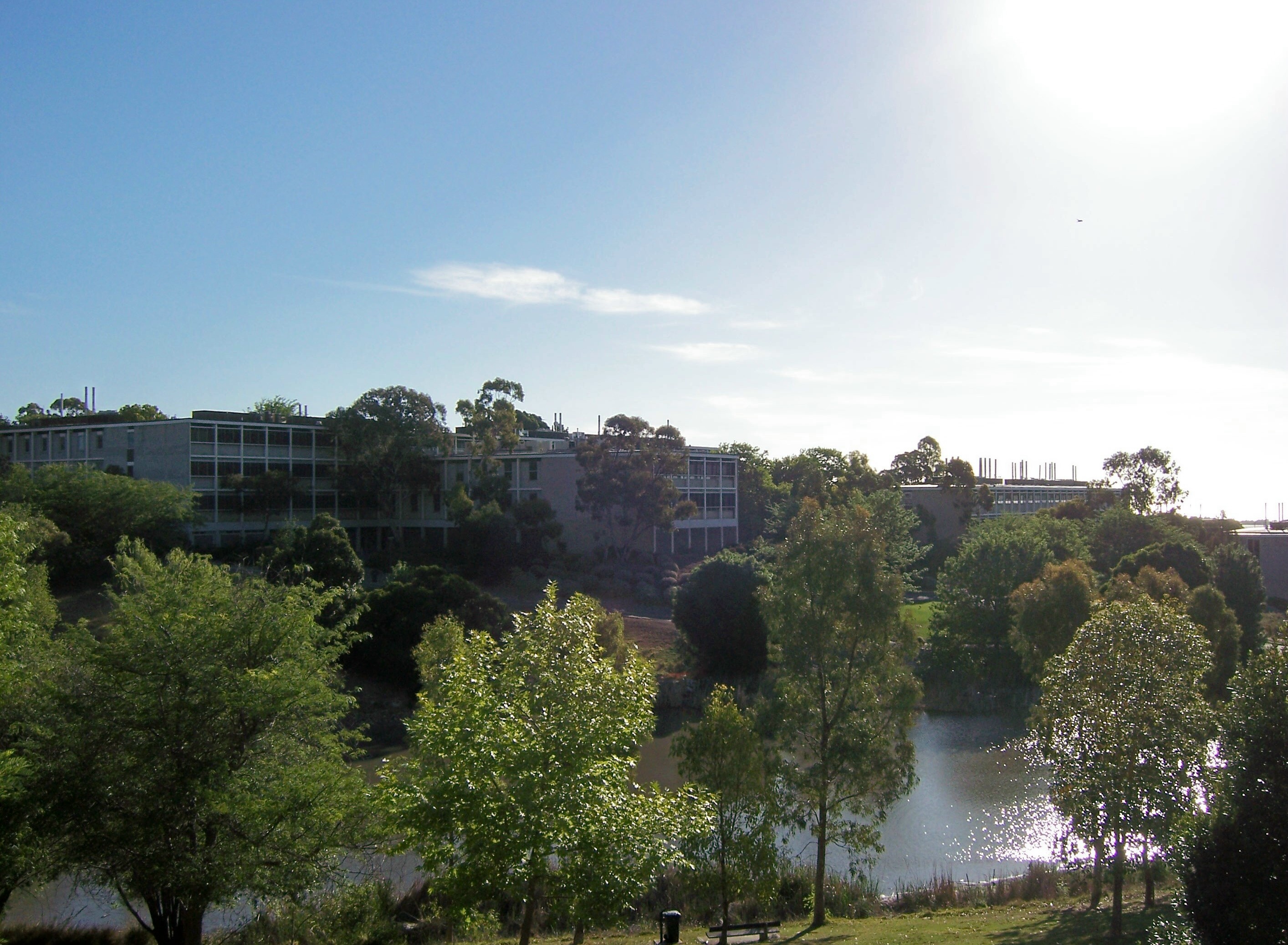A bit of my story
My experience of studying overseas was slightly unorthodox in comparison with many others’. Right after completing my high school in Yogyakarta, I enrolled myself at a private university in Bandung to study International Relations. Fast forward, by the end of my first year as a freshman there, I was selected as the first exchange student to go to Flinders University for a year. Towards the end of my exchange program, I chose to stay in Adelaide and complete my degree at Flinders by undertaking a university degree transfer.
Below are the lessons I have learnt during my transfer process:
Lesson #1: Have the right reasons to transfer
University degree transfer process can be complex, not to mention time-consuming and expensive – especially if you are transferring to a university in countries like Australia where the tuition fee and living costs are high. If you have the right reasons, however, it can be worth it. In my case, I learned from my exchange year that the program at Flinders was a lot more suitable to my learning needs and career objective of working in international non-profit organization. I also thought that I wanted to launch my career in Australia before going back home to Indonesia. Therefore, I considered that transferring was worth the investment.
Lesson #2: Plan strategically for your credit transfer
The first step of degree transfer is applying for credit transfer. Most universities in Australia do have credit transfer system although the requirements can be different for each of them. The Bachelor of International Studies program at Flinders University requires 3 years of studying. There are certain number of compulsory subjects and elective subjects that need to be completed before one can obtain a university degree. Having done my first year in Indonesia and second year as an exchange student at Flinders, I was able to apply for credit transfer for most of the subjects I had completed before applying for the transfer. In the end, I only needed to do another 1.5 years of study at Flinders before I was granted the degree of Bachelor of International Studies.
The lesson that I have learned from this experience is that, when possible, choose your subjects carefully before you apply for credit transfer. That means trying to research on the program that you want to transfer to and plan in advance. Have a read on the course requirements. The courses you complete prior to applying for credit transfer determines how many more subjects you need to take at your ‘target’ university before you can graduate. Some courses are easily transferrable. For example, in my case the subject ‘Introduction to International Relations’ which I did in Indonesia was easily transferrable. This is because the subject was still relevant to the course requirement of international relations at Flinders. In contrast, subjects such as ‘Pancasila’ are not usually transferrable unless you can negotiate with the university to count it as an elective.
Lesson #3: Learn the rules
Going on an exchange before transferring to your target university can bring a range of issues. Your home university usually expects you to go back home after you complete your exchange program instead of transferring to an overseas university. Therefore, if you do decide to do university transfer, you may be better off doing it without complicating it with an exchange program.
Lesson #4: Reputation matters
Choosing the ‘right’ university in Indonesia and the target university overseas can make a big difference in terms of credit transfer. Since the university I attended in Indonesia already has a strong brand in international relations and it has good relationship with Flinders University, the credit transfer process was quite smooth. They recognized many subjects I had completed back in Indonesia because they were familiar with the type of subjects and academic standard used at my university in Bandung. I cannot say it will be the same experience of credit transfer if you study at a university in Indonesia which your target university overseas is not familiar with.
Lesson #5: Good budgeting is essential
Another step of transfer is paying a full international student tuition fee. In my case, this was a big change since I did not have to pay a full fee as an exchange student. So transferring meant higher expenses. When I did my budget plan and forecast, not only did I research the tuition fee I had to pay and the projected living costs for the amount of time I needed to complete the degree, I also had to calculate my budget for one year after completing my degree because I did plan to stay in Australia to launch my career and I knew that it was going to take a while before I could secure a full-time employment here.
Lesson #6: Make the best of your experience
If you do decide to transfer to a university overseas, you might as well make the best of your experience. It’s an expensive investment that possibly only happens once in your life. For me, I chose to live on-campus to experience the best of living in a rich multicultural environment. On top of doing the typical routine of going to lectures and tutorials, I was also heavily involved in extracurricular activities such as AIESEC and volunteering for Amnesty International. During holiday seasons, I interned for companies to obtain some work experience while earning extra cash that I could use to go on holiday around Australia. So my advice is be proactive, look out for opportunities to learn and challenge yourself but don’t forget to also have fun and make friends. Make every moment counts!
===========================================
Photo Credits: ”Flinders Science Buildings” courtesy by Wikimedia








